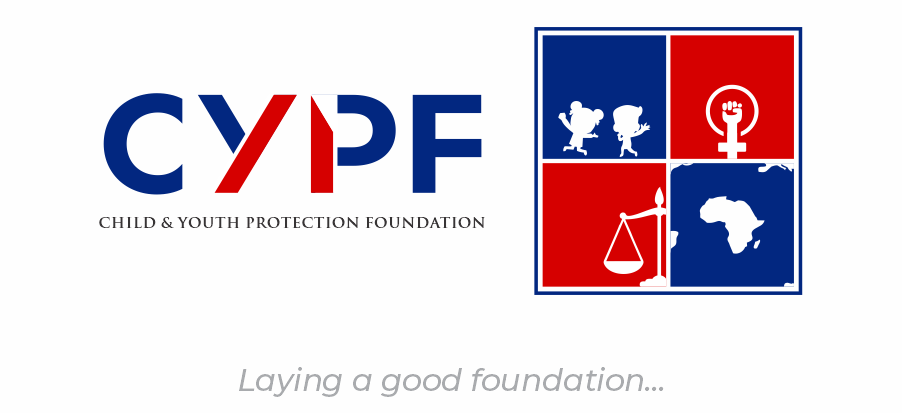Today’s world, children no longer just go online, they live online. From virtual classrooms to gaming, social media, and even educational YouTube videos, the digital world is just like we playing outside when we were kids. But just like the physical world, the online space is not always safe. Online bullying, predators, and psychological risks are too real.
It’s time we stop seeing the internet as a tool and a blessing. It’s a living space, and just like any living space, it must be safe, especially for our children.
Understanding the Threat: What Is Online Bullying?
Online bullying, or cyberbullying, is the use of digital platforms to harass, threaten, humiliate, or target a child. It can happen in:
● Group chats and messaging apps
● Social media comments or DMs
● Online games with open chat features
● Anonymous apps or websites
● And even now it can happen on AI platforms.
It’s invisible to many adults, but not to the child and it is also damaging to the child on the receiving end.
Why Securing the Digital Space Matters
When a child is cyberbullied, the pain doesn’t stop after school hours. It follows them into their bedroom, their phone, and their self-esteem and even to their day to day activities. Securing the digital space is not about restricting children; it’s about empowering, educating them and protecting them.
Imagine it this way: We wouldn’t send a child into a dangerous neighborhood alone let alone to play there. So why should we let them roam unguarded and uninformed in digital environments that are often worse?
The Role of Government in Curbing Cyberbullying
Government intervention is crucial in the fight against cyberbullying. Through legislation, public campaigns, and support systems, governments have the power to create safer digital environments for children and young people.
Strong cybercrime laws that specifically address online harassment, threats, and identity abuse must be enforced, holding those responsible accountable regardless of age, position or status. Beyond laws, government-led educational programs in schools and communities can help raise awareness on the impact of cyberbullying and teach children how to stay safe online.
Additionally, governments should invest in mental health support for victims and collaborate with social media influencers, companies to ensure harmful content is swiftly flagged and removed. By prioritizing digital safety, governments can send a strong message that online abuse is not just wrong, it’s unacceptable and punishment for that is served.
How Can We As Individuals Secure Digital Spaces for Children?
- Digital Literacy Starts at Home and School
Teach children:
● What online bullying looks like
● How to report or block bullies
● The importance of privacy and digital boundaries
● That their voice matters and they can always speak up
- Parental Guidance, Not Just Parental Control
Install parental controls, yes but more importantly:
● Have regular open conversations
● Stay updated on the apps your children use
● Encourage honesty without shaming
Children need to feel that you’re with them, not spying on them.
- Platform Accountability
Social media and tech companies must be:
● Transparent about their safety policies
● Quick to respond to abuse reports
● Designing with children in mind (age-appropriate content and protections)
- School Involvement
● Schools should have digital safety policies
● Include online safety education in the curriculum
● Encourage peer support systems
- Emotional Support
If a child has been bullied online, offer:
● Empathy before solutions
● Listen to the child without judgement
● Access to therapy or counseling
● Positive reinforcement about their identity and self-worth
In Conclusion: Protecting Innocence in a busy, neglecting and connected World
The internet is not going away it’s only getting more immersive, more apps, upgrades and even exposure. But with the right tools, education, and community involvement, we can create a digital environment where children feel safe, seen, and supported.
Protecting them online is not just an option it’s a responsibility we all share.


